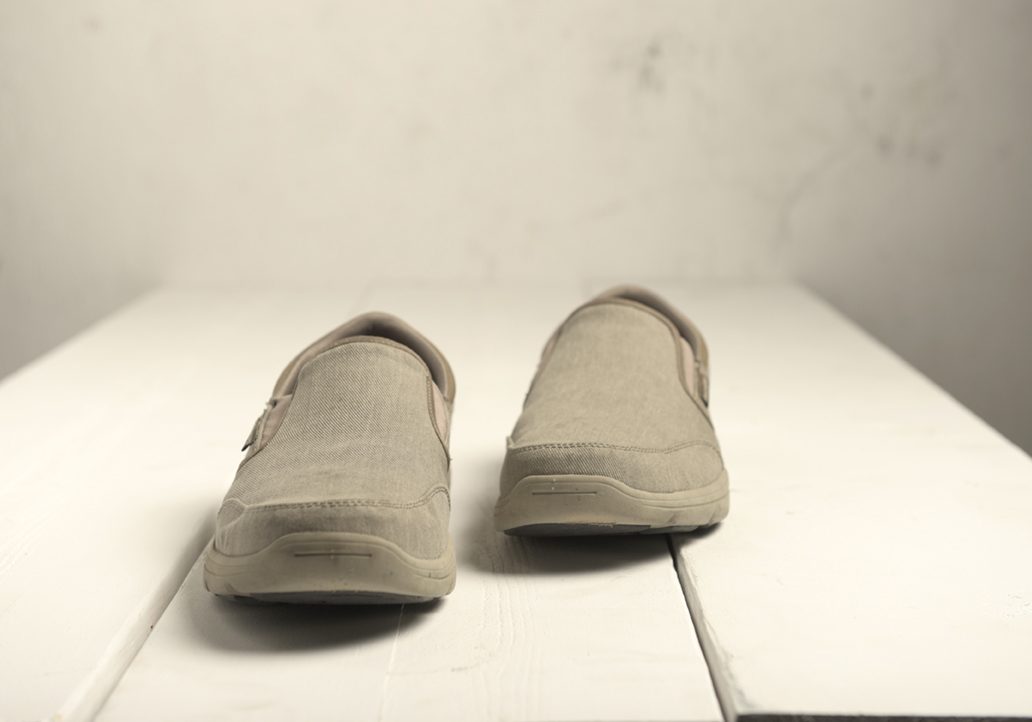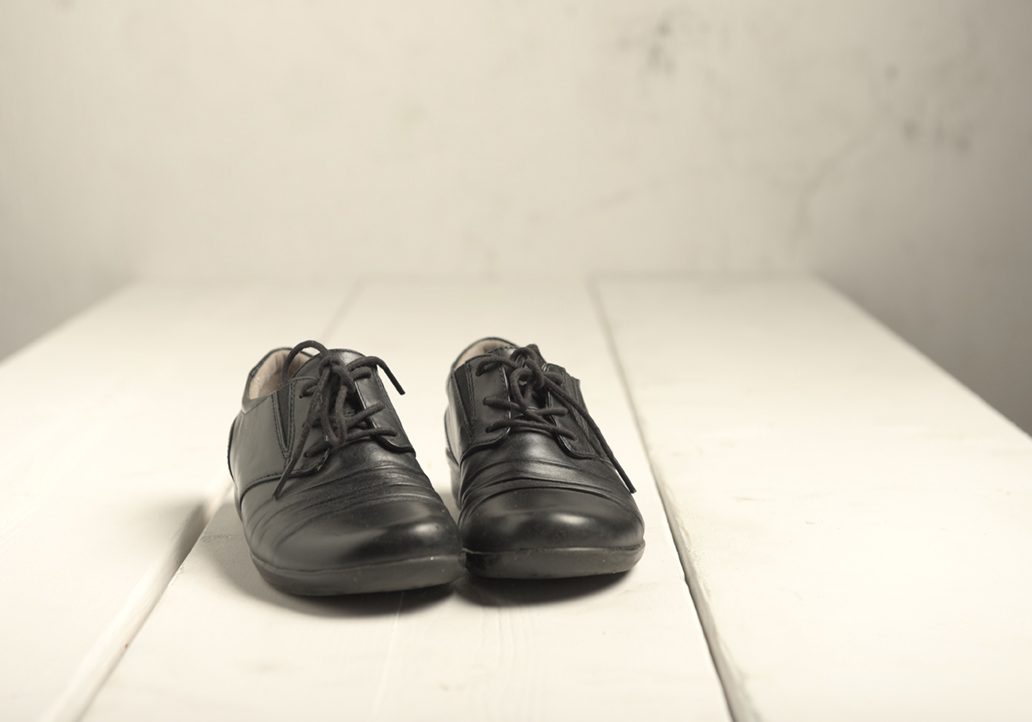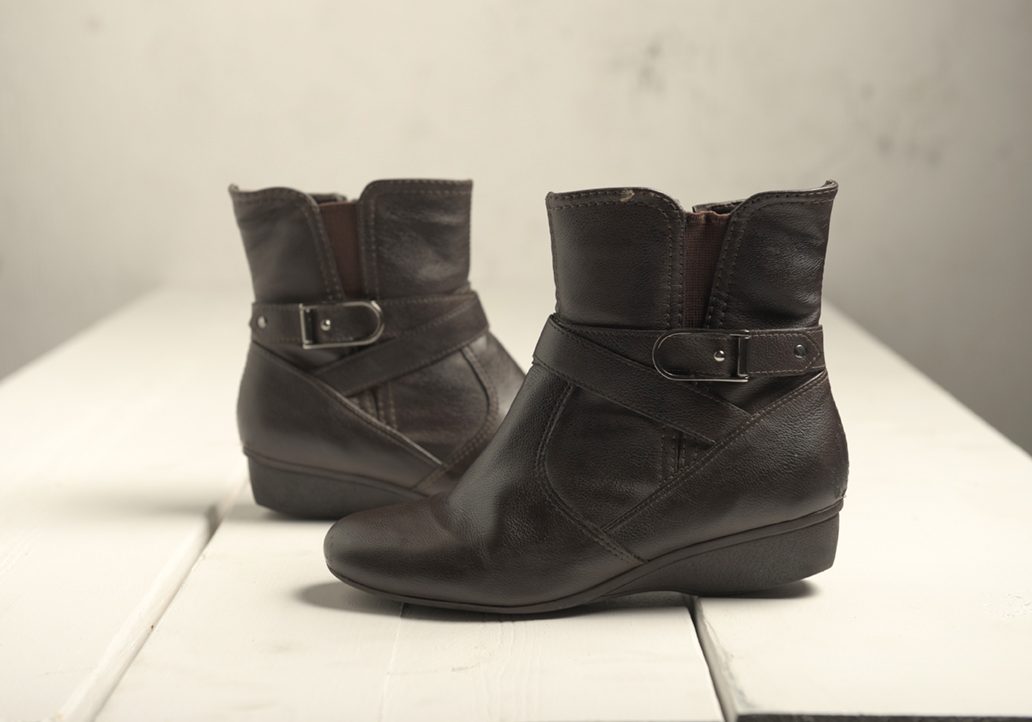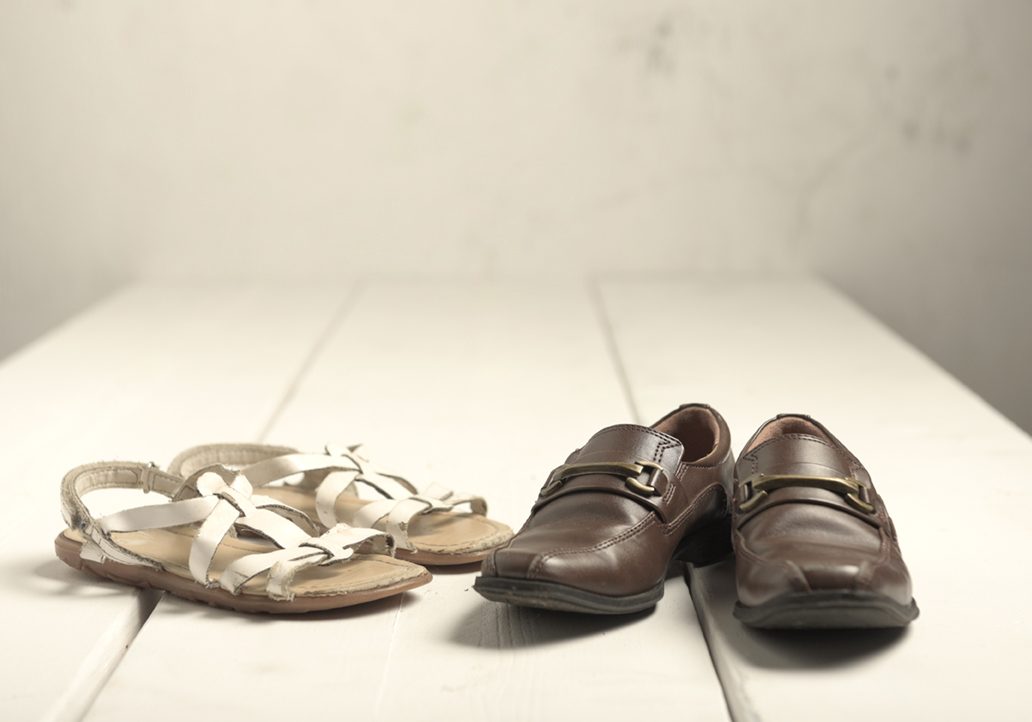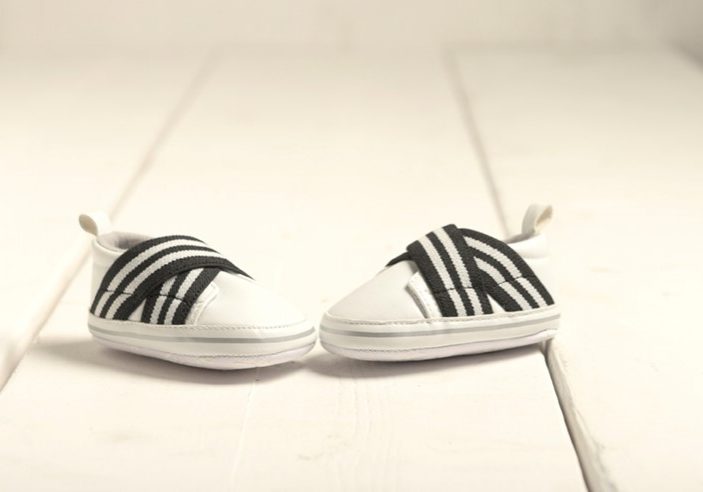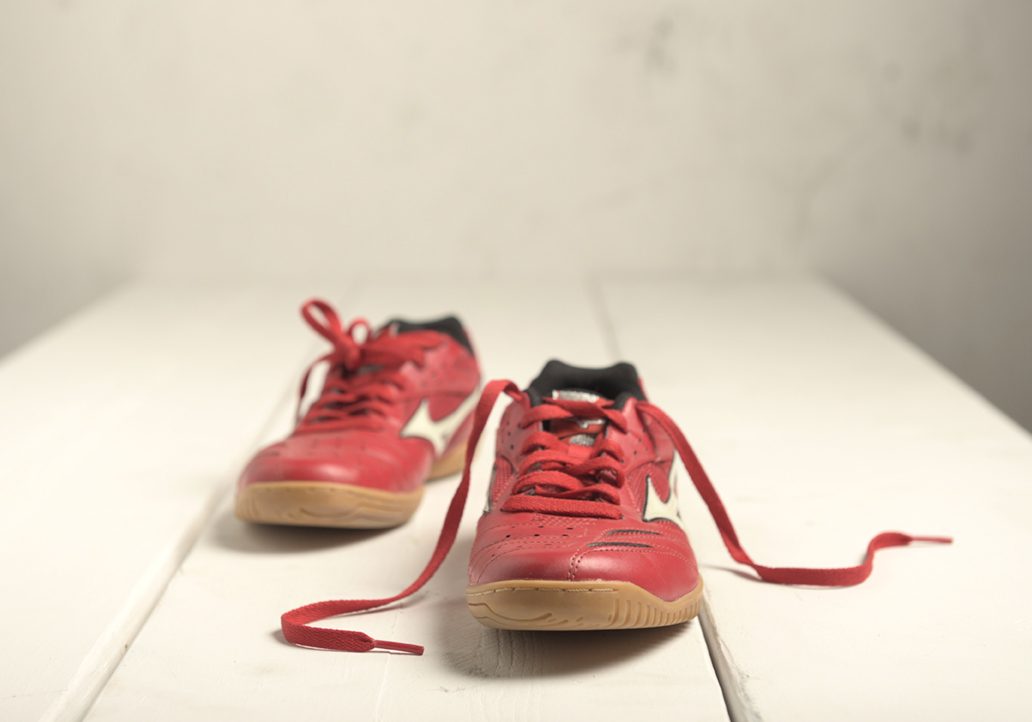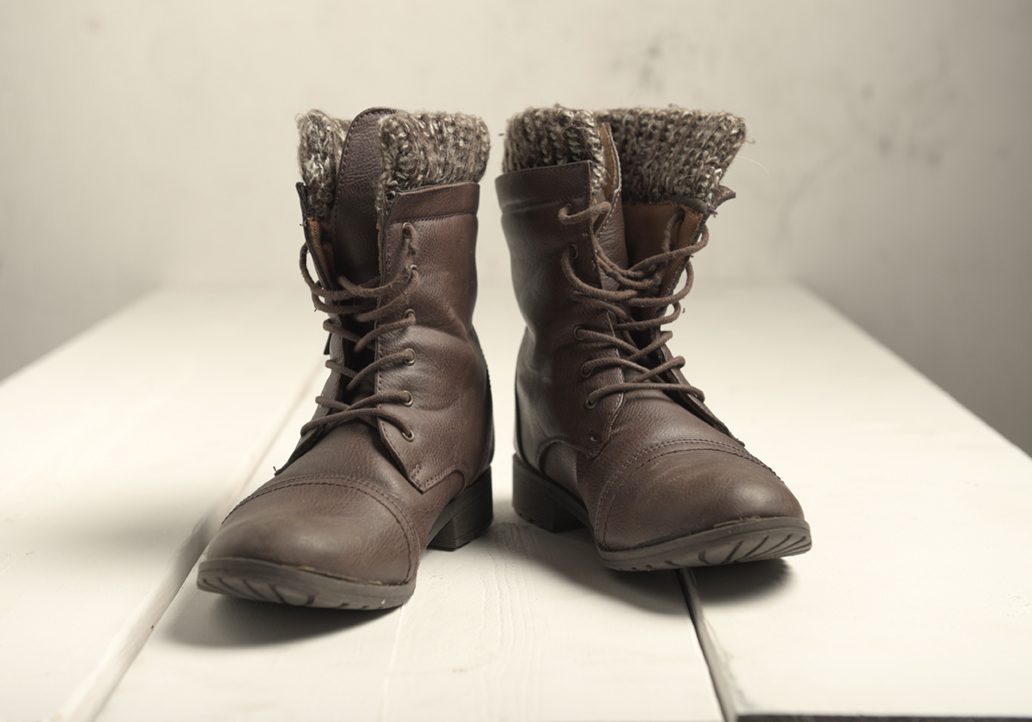Birds Born in Cages
Deepa Luitel
Summary:
A Nepali bride goes through a traditional wedding ceremony questioning all she has heard about being a woman. After the marriage, she finds her true power.
Story:
“Now you are ready.”
The hairdresser steps away, and I see myself in the huge mirror. Dressed all in red, hair done beautifully, I have become a bride. Nepal is a land where women are worshipped as power sources. I grew up believing that people understood the true power of women. All the major festivals are celebrated in the name of goddesses.
Back home, where the wedding will take place, I don’t know what to feel. “Don’t speak up, don’t laugh, just smile, walk with a bowed head! Study hard to get a good husband!” These commands reverberate in my mind and make me anxious. Is what I am getting today “the fruit” of good social behaviour?
The groom’s party arrives, announced by the traditional Nepali band. My body does whatever it’s being told. I sit in the red chair, the groom in his. My family lines up for the foot-washing ritual. Soon my toes are almost numb because of the cold water. Red tika powder is smeared on my forehead.
Next comes the Kanyadaan ceremony, then the presentation of the potes, two traditional beaded necklaces.
Now I get my wedding dress from the groom. My friends and sisters take me to the changing room. My new sister-in-law comes along, carrying a pair of beautifully embroidered slippers. I have seen such slippers numerous times in my life, but these are…different. These are for me. I put them on for the second part of the wedding when we take seven vows in front of the fire. The wedding is almost over. I leave my beautiful wedding slippers at the doorsteps of our little temple and pray as I am told. I hear the whispers again, “Be graceful, be kind to everyone, keep our pride,” as I slide my slippers back on.
No, I don’t cry. My father-in-law is amazed. “You’re the first bride ever not to cry when leaving her parents’ house.” I have to act maturely now.
A new day, a new beginning. Everything is beautiful. I laugh quietly and speak with the guests. This man, my husband, gives me chills, but I will adjust. We are taught to adjust. My mom did. So did my sister and every other woman. All seem to be happy.
I move into my husband’s house, where the commands sound different. They are disguised as requests or advice: “Take any job you want, but please make sure you come back home on time! Wear whatever you want, but make sure everyone knows you are married.” Examples of “ideal woman” are mentioned. But who is that? Is she a real human being or a goddess? Burdened with the so-called social norms and expectations, I start to think: Are women actually worshipped or are they treated as objects for men to showcase?
“Birds born in cages think that flying is a disease.”
Those wedding slippers provided me with the illusion of freedom. I wore them and tried to run, but I was held back by the endless chain of responsibilities. Then I had to fulfill the most expected duty, so I got pregnant. My husband had to work away from home while I worked in “his” home. The neighbours asked me, “Are you scared to be alone?” Confidently, I replied, “I can handle it.”
The baby in my womb made me realize my true power. I was not afraid to risk my life to bring another life to earth. Yes, I am powerful, much more than those who try to protect me. Worshipped or not, I am, like every woman, the source of power.
Born and raised in Kathmandu, Deepa Luitel has a diploma in Architectural Engineering, a bachelor’s degree in Sociology and English, and a master’s degree in English Literature from Tribhuvan University, Nepal. She came to Canada with her husband and son in February 2018.
